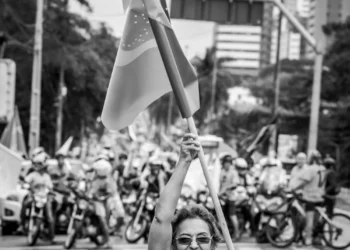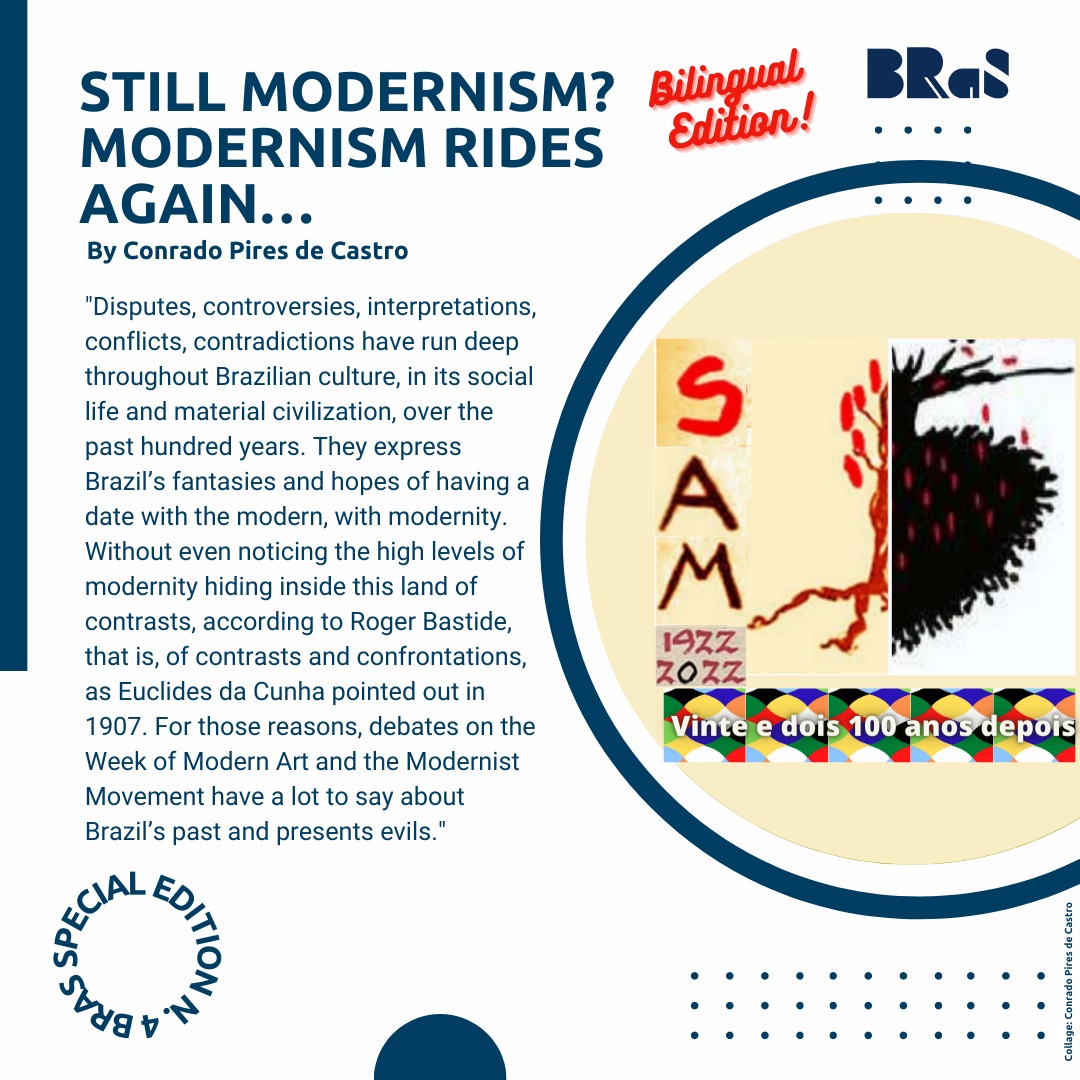by Grazielle Albuquerque
Reviewed by Matheus Lucas Hebling
Taking stock of 2021 is a hard task, especially for Brazilian justice. However, if we needed an image to depict such a challenge, it would be the ocean waves pounding the rocks on the shore, the perpetual drive against barely movable obstacles.
Historically, such image of tension reveals two points: firstly, the cost of the 2018 presidential elections reaching up to the Federal Supreme Court (STF); and secondly that of the Operação Lava Jato (Car-Wash Operation) finally showing its political face without its camouflage used during the impeachment process, with Sérgio Moro and Deltan Dallagnol, respectively judge and chief prosecutor of the operation, becoming candidates.
There is even a third point: Judicial institutions suffering the consequences of their misconducts in 2016 and 2018. The price we are paying now, the price being paid now. The watchwords of “supreme are the people” that echoed on September 7th prove this. It´s as if the signs we were given from the political behavior (of Justice) couldn’t be clearer. Even without the naivety of thinking that the judges of our country are neutral or apolitical, the boundary that was broken back then led to a series of unimaginable excesses.
In 2022 the Brazilian justice system is passing through a unique moment, in which the actions of the Supreme Court are being a kind of compass for the country’s federalism. Bearing this in mind, it is clear that the key moment of the Brazilian crisis will be this year’s presidential elections. Now, the Superior Electoral Court (TSE) will have the chance to review its 2018 position, when it seemed not to give much importance to threats imposed against Brazilian democracy.
In other words, three vectors must be present in the analysis of the Justice in 2022: 1 — the standing of the leadership about the electoral process itself, read “TSE”; 2- the government of judges being subjected to public scrutiny, which will say how much of the “lavajatismo” is still supported by the electorate; and 3 — the way that the Supreme Court will handle the strange governability of a federal executive office in constant fight against the Brazilian states. It is a melting pot and, amidst it all, Brazilian Justice has exploded invisibility.
In practice, there is not only “one” Justice and, although the “Lava Jato” Operation has built an antagonistic path to the Supreme Court, there is also still no accurate measurement of the impact of the operation on Brazil’s Judiciary image crisis. However, there seems to be an undeniable oscillation that has come to stay in a logic of a Judiciary that is almost plebiscitary.
In this context, the great trap to the Brazilian Justice recently was to give the idea that it is so fickle (this includes STF and Lava Jato) to personal opinions, to the political game, and a representative logic that the support to the rule of law was emptied. The shot in the foot of placing itself as an antagonistic power to its counter-majoritarian nature seems to have already cost a high price, but it could become even more costly in 2022.
The presence of a Military General in the TSE staff indicates that this fear is real, but it is not known to what extent this “institutional vaccine” will be effective. This does not mean it will be easier for the opposition, it should be warned that authoritarian governments usually turn themselves against justice. The fact is that, in 2022, the accumulated waves of the last ones will hit with full force in a Justice beyond exposed.
For a reader distant from the Brazilian reality, the message should be clear: in this year 2022, Justice will play a central role in the elections. And Brazil will have the chance to prove that is still navigating in the democratic sea. It will not be easy and due mainly to the reasons we’ve explained here. But this is the greatest test for a Justice that thought it was immune to risks.
*Grazielle Albuquerque is a journalist and political scientist, former visiting doctoral research at the German Institute of Global and Area Studies (GIGA). Her work focuses on the relationship between politics, justice, and the media.
Albuquerque, Grazielle. 2022. "The Brazilian Justice aims at the elections to repair the mistakes of 2018". Brazilian Research and Studies Blog. ISSN 2701-4924. Vol. 3 Num. 1. Available at: https://www.bras-center.com/the-brazilian-justice-aims-at-the-elections-to-repair-the-mistakes-of-2018/, accessed on: December 17, 2025.








